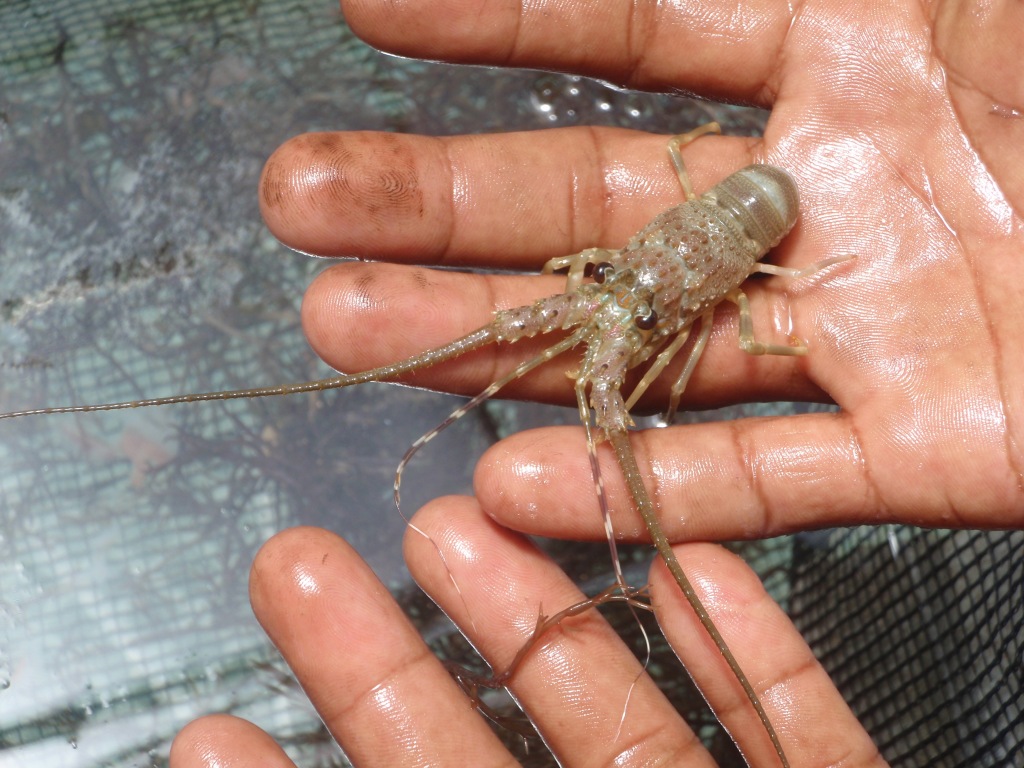
Oceans provide resources and ecosystem services to multiple marine sectors and stakeholders. The goal of ocean management is to accomplish a fair and sustainable use of these resources and services. This means simultaneously achieving economic development (blue growth), environmental sustainability, social equity, cultural responsibility and inclusion across space and time, in a context of growing demands. Addressing these goals is complex and frequently leads to conflict. Regions where pressures increase at a faster-than-average-rate (so-called “ocean change hotspots”) are particularly susceptible to outbreaks of conflict which come in many forms. They may be between many stakeholders or few; persistent or new; and over diverse resources and services. Making trade-offs explicit and differentiating between marine conflict pathways and conflict types in negotiation schemes is crucial to negotiate conflict mitigation and resolution. Management should result in enduring and legitimate outcomes, especially in ocean change hotspots.

To enable globally linked learning and cross-case analyses, we develop a shared methodological approach for our seven case studies: To reconstruct the origin and reproduction of conflicts, we use the “process tracing” method. We analyse and quantify social-ecological interactions through participatory modelling, cultural consensus analysis and multi-criteria analysis. With this data, local groups engage in the creation of collaborative artistic visualizations that support the development of various conflict narratives. These narratives are intended to clarify compromises and their negotiating capacity and form the basis for analyzes that illustrate the development of ocean conflicts and their possible solutions.
Due to the COVID-19 pandemic the project has had to change the approach somewhat, as travel for fieldwork and workshops has been hampered. We are currently finding new ways of achieving the project aims in terms of focus and methods. The project has also been delayed due to the challenges of employing new people and funding delays.
